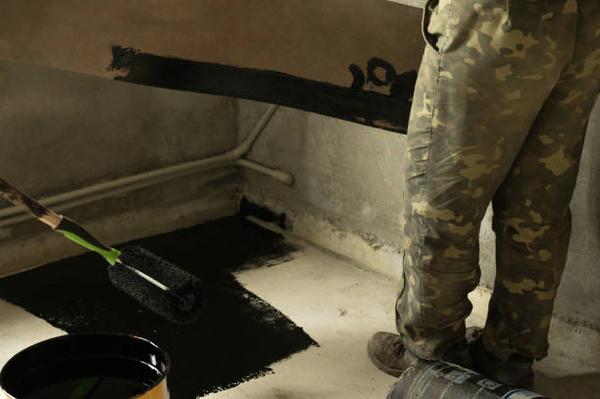Roof pitch is a crucial factor in determining the overall cost and design of a roofing project. The pitch of a roof refers to the steepness or slope of the roof surface, typically measured in inches per foot. A steeper roof pitch will require more materials and labor to construct, resulting in higher construction costs.
One of the main factors that affect roofing construction costs is the amount of material needed for the project. A roof with a steeper pitch will require more shingles, underlayment, flashing, and other materials compared to a roof with a lower pitch. This means that homeowners can expect to pay more for materials when installing a steeply pitched roof.
In addition to material costs, labor costs also play a significant role in determining the total cost of roofing installation longmont construction. Steeper roofs are more challenging and time-consuming to install, as workers must navigate the steep slopes while carrying heavy materials. This increased level of difficulty translates into higher labor costs for homeowners.
Furthermore, the design of a roof can also be influenced by its pitch. Steeply pitched roofs have better drainage capabilities than low-pitched roofs, allowing rainwater and snowmelt to flow off quickly and efficiently. This helps prevent water damage and prolongs the lifespan of the roof.
On the other hand, low-pitched roofs are easier and safer to access for maintenance purposes due to their flatter slopes. They also provide additional living space or storage options in attics or lofts since they offer more headroom compared to steeply pitched roofs.
When deciding on an appropriate roof pitch for your home, it is essential to consider both cost implications and design preferences. While steeper pitches may incur higher construction costs upfront, they offer long-term benefits such as improved drainage and durability.
Ultimately, choosing an ideal roof pitch depends on various factors including budget constraints, climate considerations, architectural style preferences, and personal needs. Consulting with roofing professionals can help homeowners make informed decisions based on their specific requirements.
In conclusion, it is evident that roof pitch plays a significant role in influencing roofing construction costs and design outcomes. Homeowners should carefully weigh these factors when planning their roofing projects to ensure optimal results that meet both aesthetic desires and practical considerations related to budgeting and performance expectations.
Josh Brooks Construction and Renovation
2919 17th Ave, Longmont, CO 80503, USA
720-790-6682




